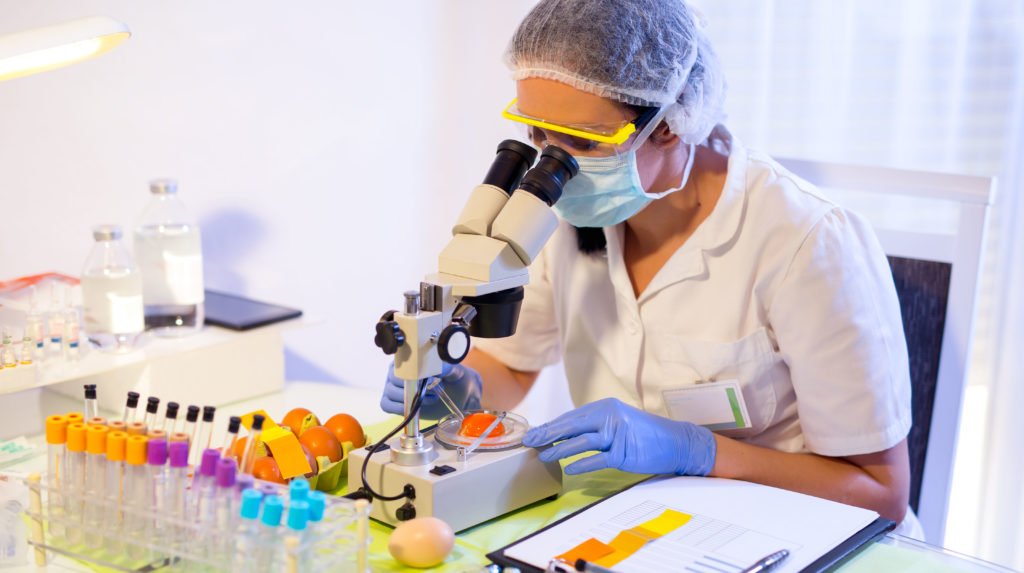Inside BENEO’s new pulse plant: pioneering sustainable protein from faba beans
India currently imports 1,4 hydroquinone at a heavy cost that is used as intermediate in the manufacturing of food preservatives
A team of researchers at the CSIR-National Chemical Laboratory in Pune have found that electrolysis can be used with surface-modified electrodes for efficient large-scale transformation of phenol to 1,4 hydroquinone that is used as intermediate in the manufacturing of food preservatives.
India currently imports 1,4 hydroquinone at a heavy cost due to lack of efficient processes for conversion of phenol to 1,4 hydroquinone. Phenol and its oxidised products like 1,4-hydroquinone, catechol, or resorcinol are vital and primary building blocks used in the synthesis of many medicinal and industrially used organic compounds. Especially products like 1,4 hydroquinone are used as intermediates in the manufacturing of food preservatives.
Electrochemical organic transformations are being looked at with great interest these days because of the economic and environmental advantages they offer over conventional chemical transformation methods. As these transformations are typically carried out in an aqueous medium by just passing electricity through the substrate (in this case phenol), no environmentally hazardous oxidants/reductants are involved in this process.

